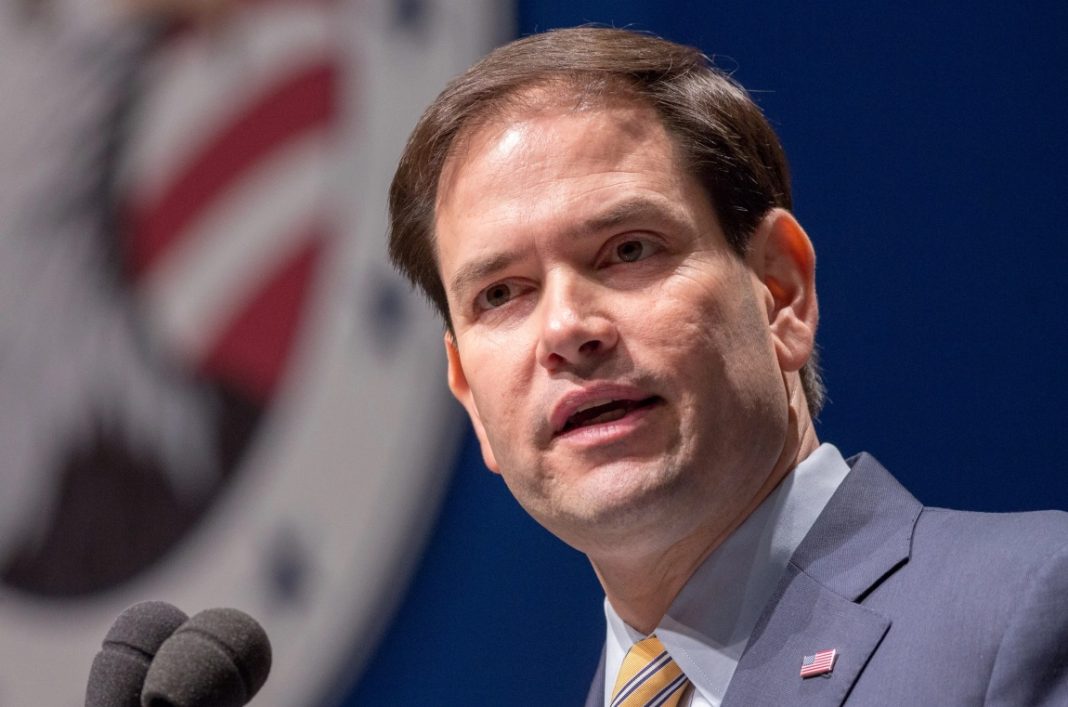WASHINGTON, USA — The Senate voted unanimously on Monday to confirm Republican Senator Marco Rubio as Secretary of State, marking the first high-level Cabinet appointment of President Donald Trump’s new administration.
The 99-0 vote underscored broad bipartisan support for Rubio, a seasoned lawmaker with extensive foreign policy credentials.
The confirmation came just hours after Trump was sworn in as the 47th president of the United States on Monday, January 20, 2025, with Rubio now positioned to shape U.S. foreign policy during a pivotal time on the global stage.
A Journey from Rival to Ally
Rubio’s elevation to the role represents a striking political transformation.
Once a vocal critic of Trump during the 2016 Republican presidential primary, Rubio has emerged as a close ally.
The contentious rivalry between the two included Rubio branding Trump a “con artist,” while Trump famously derided him as “Little Marco.”
In the years following his 2016 presidential bid, Rubio bolstered his foreign policy expertise as a key Republican on the Senate Intelligence Committee, building bipartisan relationships and earning respect across party lines.
Florida Governor Ron DeSantis has appointed state Attorney General Ashley Moody to fill Rubio’s soon-to-be-vacated Senate seat.
Rubio’s Foreign Policy Vision
During his confirmation hearing, Rubio outlined his vision for U.S. foreign policy, addressing key global challenges, including China, NATO, and the ongoing war in Ukraine.
Rubio stressed the importance of NATO, reaffirming his support for a bipartisan law he co-sponsored to prevent the United States from withdrawing from the alliance without congressional approval.
On China, Rubio characterised the Chinese Communist Party as a formidable adversary, calling it a “potent” and “dangerous” threat.
“They’re a technological adversary and competitor, an industrial competitor, an economic competitor, geopolitical competitor, a scientific competitor now,” Rubio said.
“It’s an extraordinary challenge and one that I believe will define the 21st century.”
He advocated for a robust domestic strategy to counter China’s influence, highlighting the need to rebuild U.S. industrial capacity and reduce reliance on foreign supply chains.
“We have to make sure the United States is not reliant on any single other nation for any of our critical supply chains,” Rubio said.
Ukraine and Russia
Rubio also addressed the ongoing war in Ukraine, signalling a pragmatic approach.
He argued that it is “unrealistic to believe” Ukraine can reclaim all territory lost since Russia’s 2022 invasion and criticised the Biden administration for not establishing a clear end goal for the conflict.
“This war has to end, and I think it should be the official policy of the United States that we want to see it end,” Rubio said, adding that he and Trump agree on the importance of finding a resolution to the war.
Bipartisan Support
Rubio’s nomination drew praise from both sides of the aisle.
Democratic Senator Jeanne Shaheen of New Hampshire, the top Democrat on the Senate Foreign Relations Committee, called him “well-qualified to serve as secretary of state.”
Rubio’s unanimous confirmation highlights the Senate’s confidence in his ability to navigate the complexities of global diplomacy and advance U.S. interests abroad.
As he assumes his new role, Rubio is expected to prioritise strengthening alliances, addressing global security challenges, and reshaping the country’s approach to economic and technological competition.
With his confirmation, Rubio becomes the face of America’s foreign policy under Trump’s administration, tasked with addressing a rapidly changing international landscape.







